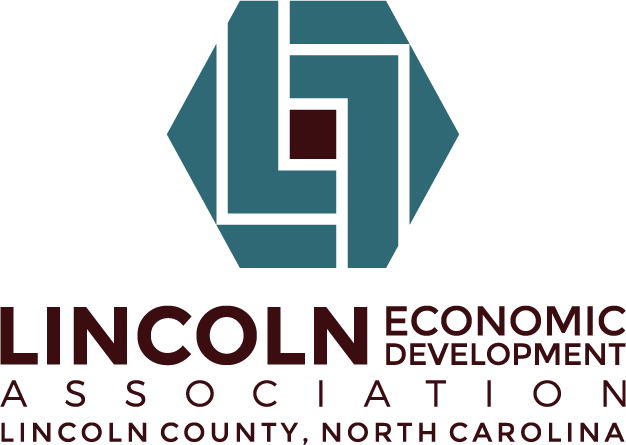Proponent of trade with Canada addresses LEDA
The Lincoln Economic Development Association kicked off its first International Lunch ‘n Learn series last week with Honorary Canadian Consul Dana Hicks III.
“Our goal is reaching our investors through educational programs that help the community as a whole have a better understanding of our international friends and potential new companies and trade opportunities that could come to Lincoln County. We need to be ahead of the crowd and have a unique approach to our foreign allies who need to be embraced by the community and made to feel welcome in the U.S.” said Rhonda Hunter, LEDA’s Operations Director.
The Lunch ‘n Learn touched on every aspect of Canada, from the Canadian Cuisine, the short video playing O’ Canada with breathtaking views of Canada; from the Mountain Ranges to Niagara Falls painting a wondrous picture of their country. Dana shared his expertise on Canada and the trade opportunities between Canada and the U.S., he shared about the culture, the people, he even brought souvenirs of Canadian Pins and maps of Trade & Security Partnerships. Down to the maple leaf napkins and placemats highlighting ten of the Canadian providences that were used for the luncheon; Dana gave resounding details to the participants leaving them wanting to know more.
A managing director at Perlitz Strategy Group in Charlotte, Hicks is one of 16 honorary consuls in the United States. He is responsible for fostering business development and trade promotion between Canada and the Carolinas.
 Also, Hicks is treasurer of the N.C. District Export Council, appointed by the U.S. Secretary of Commerce, and former chairman of the International Business Committee of the Charlotte Chamber of Commerce.
Also, Hicks is treasurer of the N.C. District Export Council, appointed by the U.S. Secretary of Commerce, and former chairman of the International Business Committee of the Charlotte Chamber of Commerce.
Canada and the United States are similar in many ways, Hicks said. Both are dealing with a global financial crisis, the emergence of economic competitors and the need to stimulate economic growth and job creation. Also, both entities are trying to maintain top-notch security.
The United States and Canada can respond to those challenges with their democracies and partnerships with organizations and the North American Free Trade Agreement.
Two-way trade in goods and services totaled $742 billion in U.S. dollars last year. The trade was flowing between Canada and the U.S. at a rate of about $1.5 billion dollars a day.
In 2008, North Carolina exported $384 million motor vehicle parts, $283 computers and $256 million medical, ophthalmic and orthopedic supplies to Canada. Also that year, Canada imported $351 million medicines, $188 million softwood lumber and $173 million synthetic plastics and rubber to North Carolina.
Of Canada’s 20 largest cities, 17 are within 100 miles of the border, which equals about 75 percent of the population. The Canadian government is concerned about the “thickening of the border,” which often causes delays and fees at the border, adding more money to the final price of the products and makes both countries less competitive internationally.
“A thicker border might mean additional inspections, paperwork and documentation,” Hicks said. “It really amounts to delays or fees. If you are a U.S. company, and your product is being delayed at the border, you are having to wait until that product is delivered to your customer and wait to be paid.”
Many Canadian-owned companies are calling the Carolinas home now. There were 67 Canadian-owned companies in 16 counties surrounding Charlotte in 2008. North Carolina has more than 80 Canadian companies, creating more than 208,000 jobs.
“I think that is sort of an eye-opening statistic,” Hicks said. “It is very impressive.”





